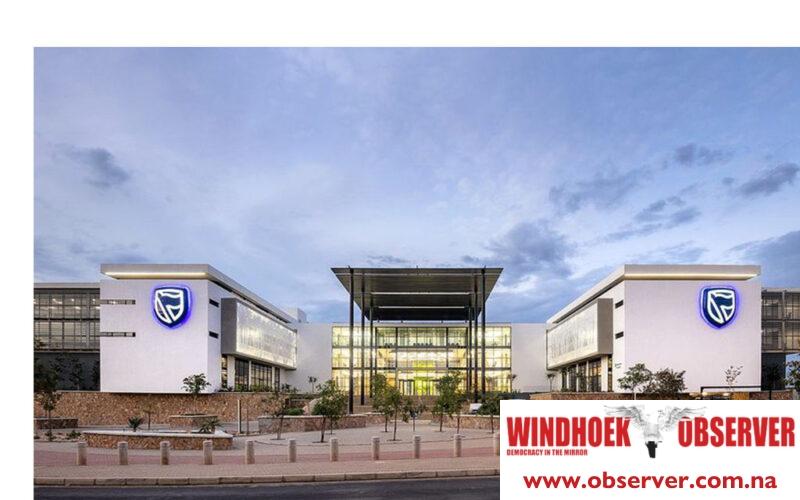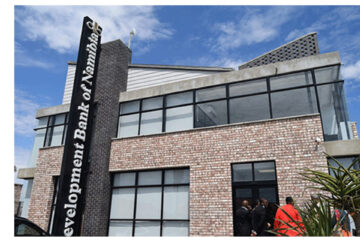Justicia Shipena
Standard Bank Holdings Namibia (SBN) is set to benefit from big spending plans in the oil and renewable energy sectors, thanks to its early involvement and in-house deal-making capacity.
A report by Simonis Storm says that while these sectors can be unpredictable, the bank is well protected with a strong capital adequacy ratio of 18.3% and careful use of its funds.
The report titled “Equity Insights: Trade Idea: Standard Bank Holdings Namibia” highlights that the bank is now well-positioned at the intersection of Namibia’s most capital-intensive growth areas.
The report also flags three risk areas: concentrated credit exposure in oil and gas, digital disruption from fintechs, and macro shocks linked to trade and climate vulnerabilities.
“These are known risks, not ignored ones,” the report states.
It adds that the bank’s credit provisioning, risk segmentation, and early engagement with distressed clients show a culture shift, learning from past missteps.
SBN reported a net profit of N$1.039 billion for 2024, a 39.2% increase from the previous year. Simonis Storm says this result is not an outlier but a sign of sustained earnings in a normalised rate cycle.
The report states that the bank is moving away from temporary rate-driven gains, investing instead in digital infrastructure and focused sectoral exposure to strengthen its core.
“At a price-to-earnings ratio of 5, the stock is priced as if earnings will decrease, but the strong fundamentals indicate otherwise: a 20.0% return on equity, a lower cost-to-income ratio (58.1%, with a goal of under 55% in 12–18 months), and better asset quality (non-performing loans down from 6.7% to 3.5%),” the report notes.
SBN’s performance reflects strategy changes, a streamlined branch network, increased digital maturity, data-led credit practices, and a leaner, execution-focused culture.
Non-interest income rose 15.7% year-on-year, supported by corporate transactional and FX activity, as well as growing digital use in retail banking.
Tools like PayPulse and internet banking continue to expand, improving cost efficiency and stabilising earnings in a slower economy.
The report pegs fair value at 1164.9 cents per share compared to the current price of 1053 cents, offering a 10.6% upside. With a 13.1% dividend yield (138 cents full-year), the stock has a total return potential of over 30%.
“This is not a ‘cheap bank’ story. It is a franchise re-rating in progress,” Simonis Storm states. “The market will eventually catch up with the fundamentals. We suggest clients get in before it does.”




